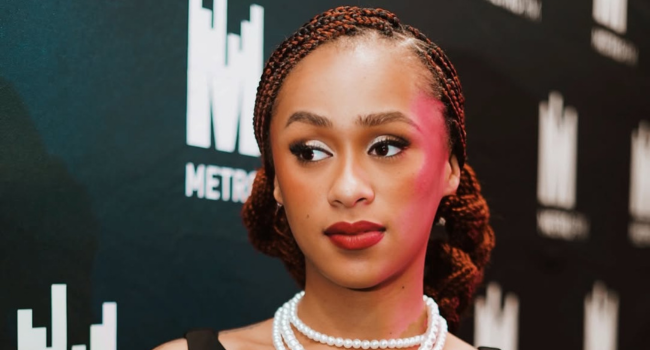
Nanette Responds To Xhosa Singing Criticism With A Powerful Family Legacy Reveal. South African R&B sensation Nanette, known for her velvety vocals and genre-blending artistry, took to social media this week to respond to a TikTok user who questioned her right to sing in isiXhosa. But her reply didn’t just defend her artistic freedom — it revealed a powerful connection to Xhosa heritage that runs generations deep.

“Someone on TikTok telling me I’m not allowed to sing in Xhosa,” Nanette posted, “but my great-great-grandfather literally wrote and translated the Xhosa dictionary???? Identity politics in this country is such an interesting topic 😭😭😭.”
The artist, who has collaborated with some of the biggest names in SA hip hop — including Emtee — didn’t name the critic, but her message sparked an immediate wave of support from fans and fellow artists alike. Many applauded her for reclaiming her heritage and challenging narrow views of cultural gatekeeping in South Africa’s diverse landscape.
Nanette has never been one to shy away from expressing her roots, often infusing her music with elements of isiZulu, English, and now, isiXhosa. Her growing catalogue has earned her acclaim for pushing the boundaries of contemporary R&B while staying authentically South African.
The revelation about her great-great-grandfather — a linguistic contributor to the isiXhosa dictionary — adds a remarkable layer to Nanette’s identity and artistry. It’s a reminder that language is not only a cultural tool, but also a legacy, one that artists like Nanette continue to honour in modern ways.
